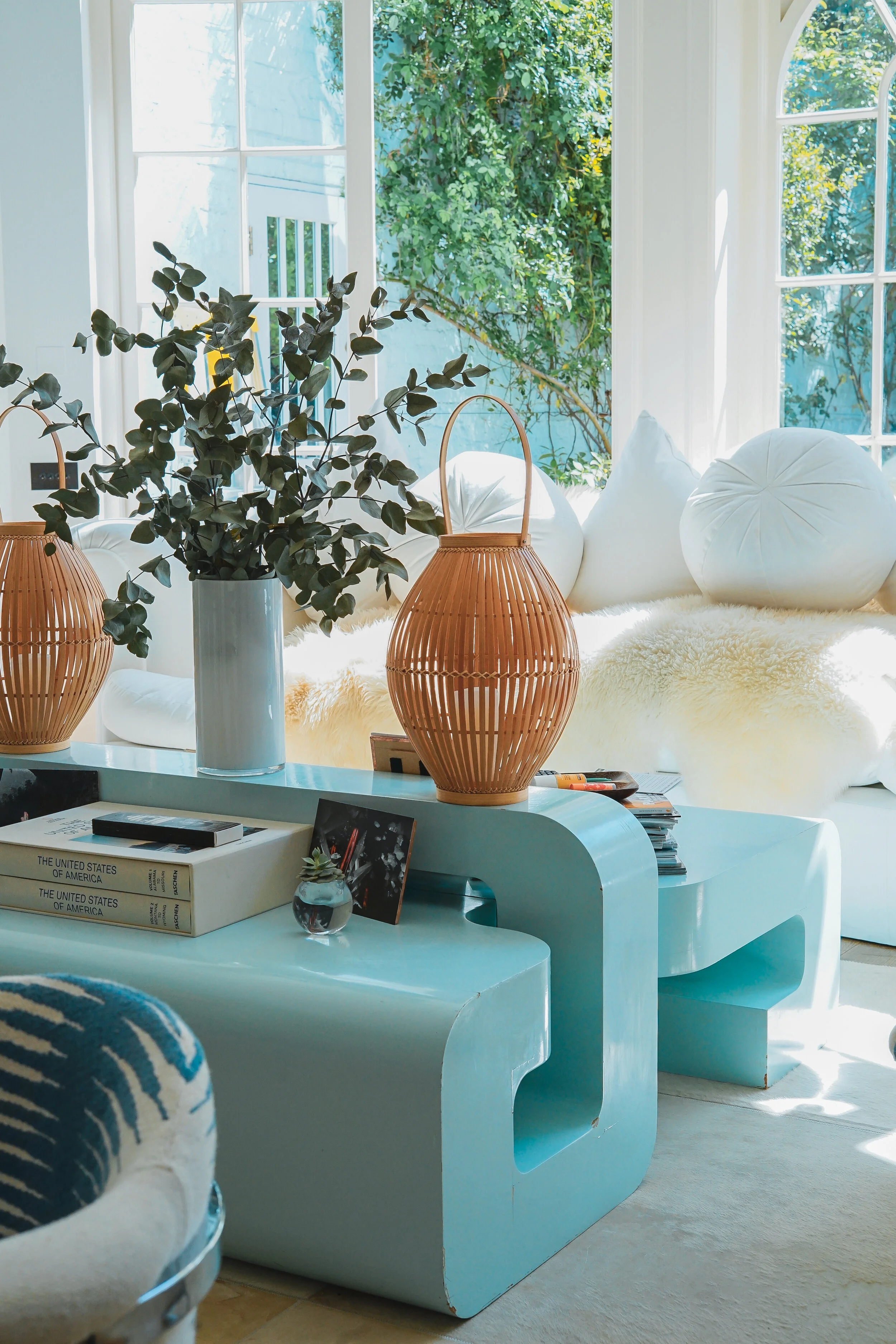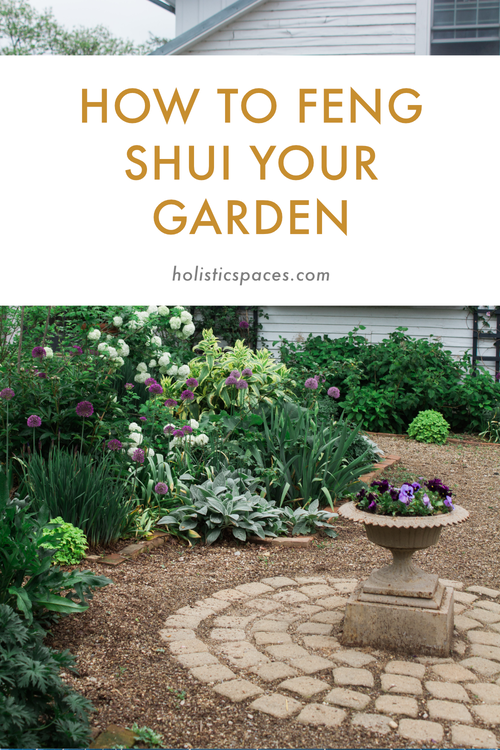I feel like I need to declutter my home, but it feels overwhelming and I’m not sure where to start. Do you have any suggestions?
Thanks for your question! Clutter is a really popular topic right now. Pretty much everyone in the western world, including myself, has clutter. I’ve been going through some of my books and jewelry recently and letting go of some things I no longer need.
First, from a feng shui perspective, clutter is not inherently good or bad. However, if it’s a source of stress, is making you feel stuck, or is getting in the way of you accomplishing your goals, it’s probably something that needs to be looked at.
When I was in my 20s and had just started studying feng shui, I was living with roommates and was really depressed. I remember sitting on my bed instead of looking around the room because I had so much clutter around me. There were piles of magazines all over the floor that I was hoping to go through some day; all that clutter really said a lot about how much stress I was under and how unhappy I was. The clutter that accumulated in my spaces was a representation of how I felt.
If there’s an area of your home where things are piling up that you plan to get to one day, it can start to weigh you down. Although you can consciously ignore a pile of magazines, subconsciously it takes a lot of energy for your psyche to push that pile away and it becomes exhausting over time.
If you do have clutter in your home that you feel is negatively impacting you, my first piece of advice is to be kind to yourself. This is one of the most important teachings I’ve received from my teachers. Next, take it step by step. Start with the things that you know you don’t want that are easier to say goodbye to; don’t jump right to the sentimental items that are much harder to let go of.
I would also suggest you start with nine minutes a day of decluttering. It doesn’t have to be nine minutes, but nine is an auspicious number in feng shui. Set your phone timer, and then feel good that you made some progress and get on with the rest of your day.
Another way to minimize clutter is to have enough storage to keep the things you need organized. I love the calmness of concealed storage like closet or cabinet doors; some people really like open shelves but I find that they can create a lot of visual distraction.
I hope these tips help you begin to declutter and simplify your life!
by Anjie Cho
Thanks for reading our "Q&A Sunday". We will be answering questions submitted by our readers. Click here to submit any Feng Shui questions!
If you’d like to learn more about feng shui, check out Mindful Design Feng Shui School at: www.mindfuldesignschool.com






